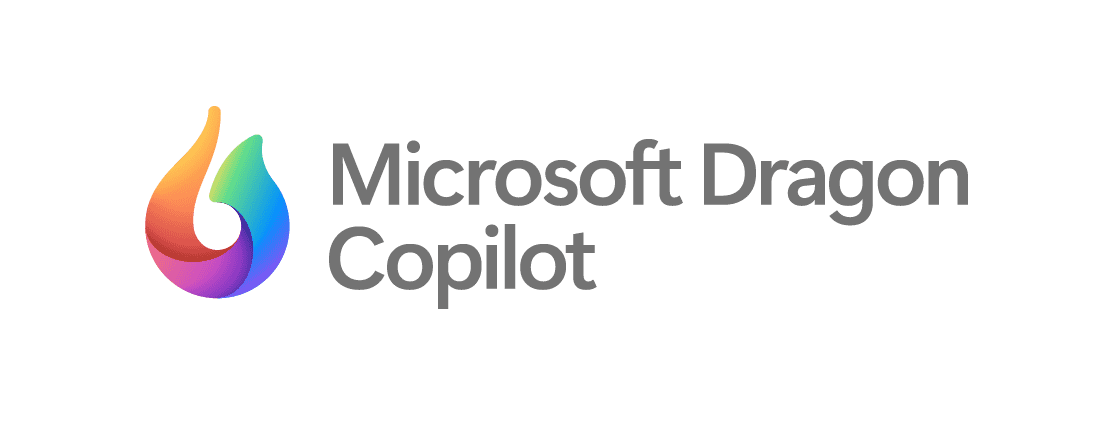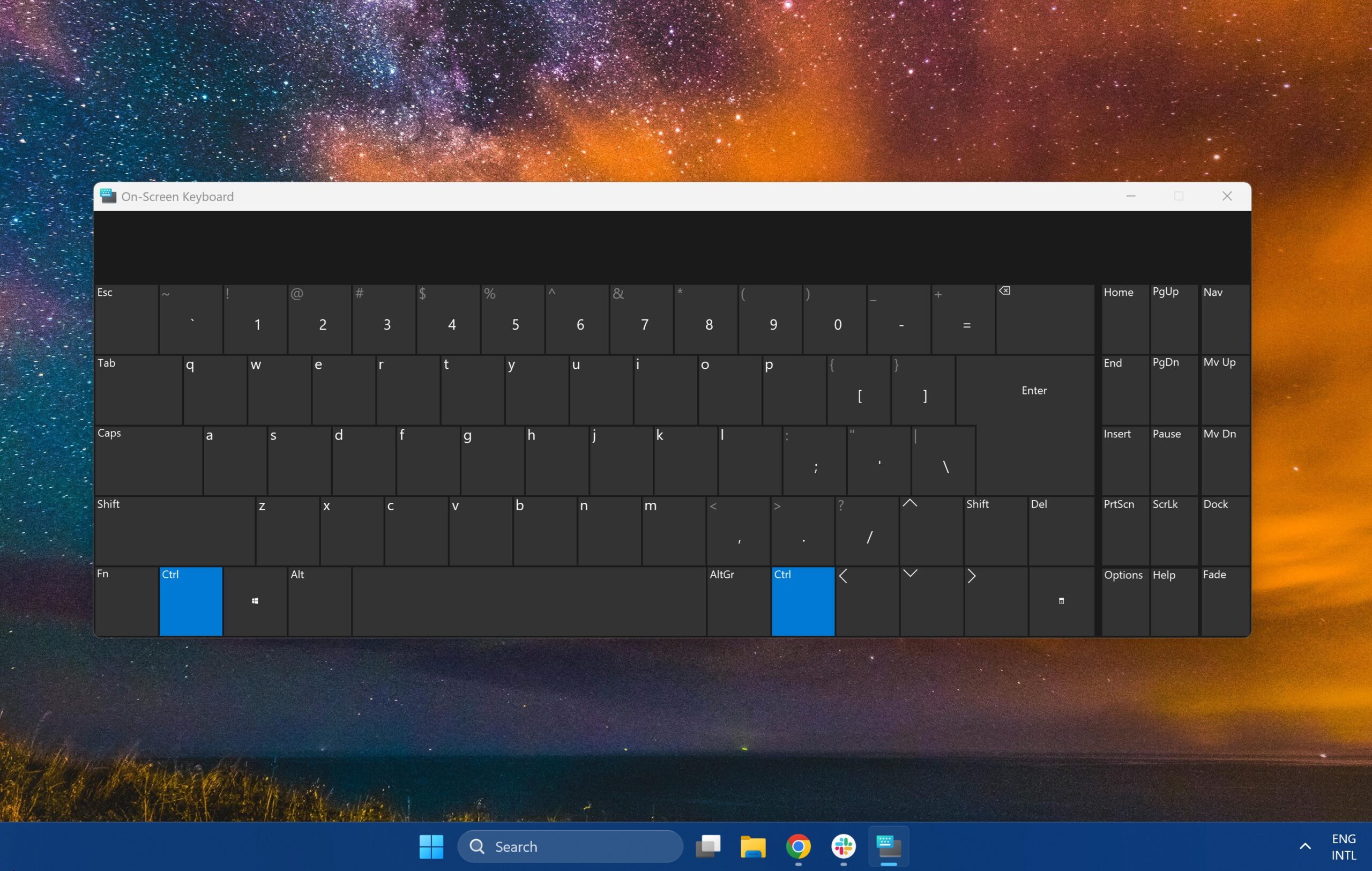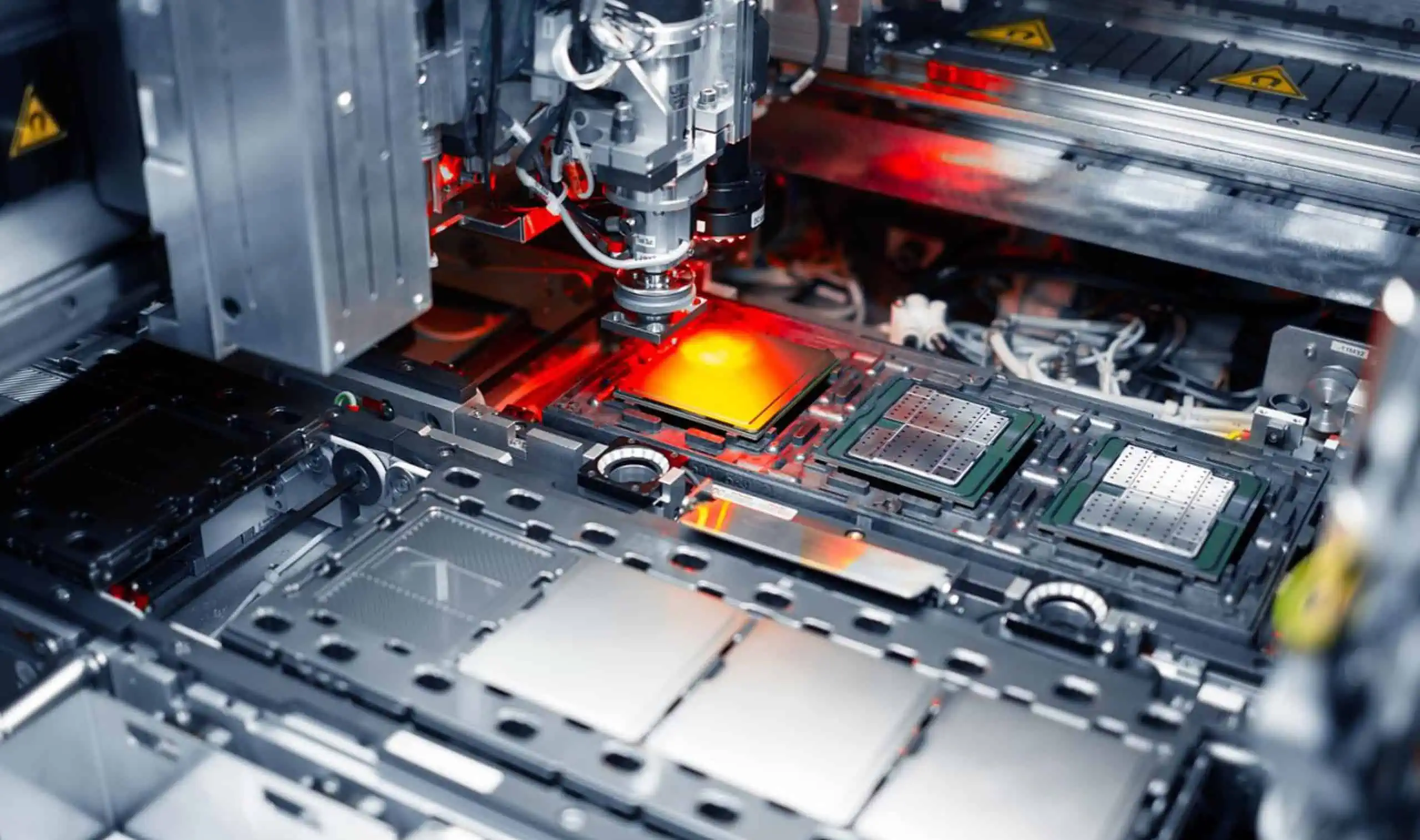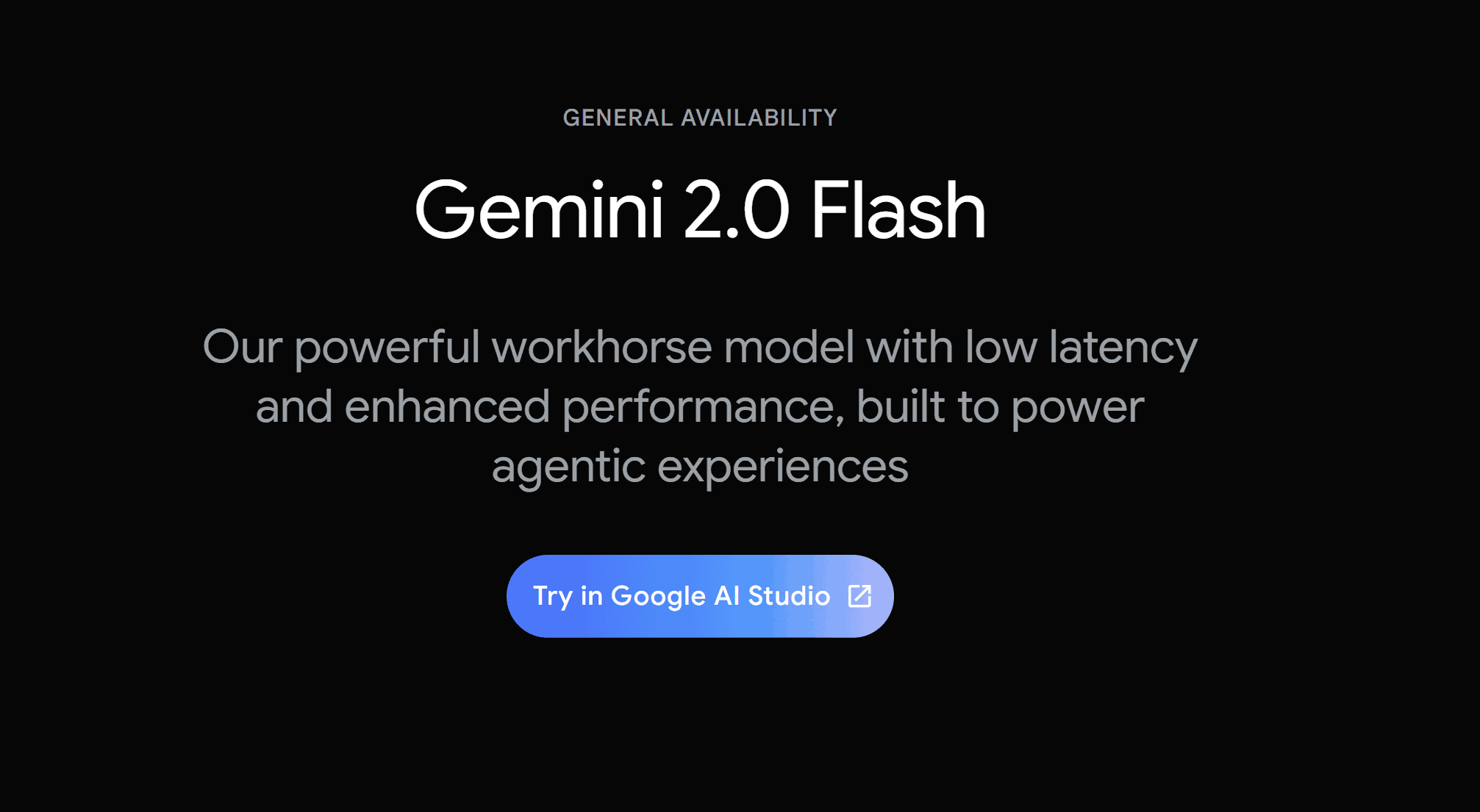Microsoft doubles down on quantum computing research
2 min. read
Published on
Read our disclosure page to find out how can you help MSPoweruser sustain the editorial team Read more

We already know that Microsoft Research is working on quantum computing. Station Q Santa Barbara is a Microsoft Research lab located on the campus of the University of California focused on studies of topological quantum computing. The lab combines researchers from mathematics, physics and computer science and collaborates with academic researchers both locally and around the world to understand how topological phases of matter can be used to built a robust, scalable quantum computing architecture.
Last year, Microsoft released its LIQUi|> (Language-Integrated Quantum Operations) simulator available to the masses, letting virtually anyone with a modern laptop or desktop explore the capabilities of quantum computing.
Microsoft today announced that they are doubling down on its quantum computing research. They are making a strong bet that it is possible to create a scalable quantum computer using what is called a topological qubit. Microsoft is bringing the following key people to lead this research project,
- Longtime Microsoft executive Todd Holmdahl – who has a history of successfully bringing seemingly magical research projects to life as products – will lead the scientific and engineering effort to create scalable quantum hardware and software.
- Marcus is the Villum Kann Rasmussen Professor at the Niels Bohr Institute at the University of Copenhagen and director of the Danish National Research Foundation-sponsored Center for Quantum Devices.
- Kouwenhoven is a distinguished professor at Delft University of Technology in the Netherlands and was founding director of QuTech, the Advanced Research Center on Quantum Technologies.
- Troyer is currently a professor of computational physics at ETH Zurich in Switzerland, one of the leading universities in the world. Among his areas of expertise are simulations of quantum materials, the testing of quantum devices, optimization of quantum algorithms and the development of software for quantum computers.
- Reilly, an experimental physicist, is a professor and director of the Centre for Quantum Machines at the University of Sydney in Australia. He leads a team of physicists and engineers working on the challenges of scaling up quantum systems.
Read more about this story here.









User forum
0 messages